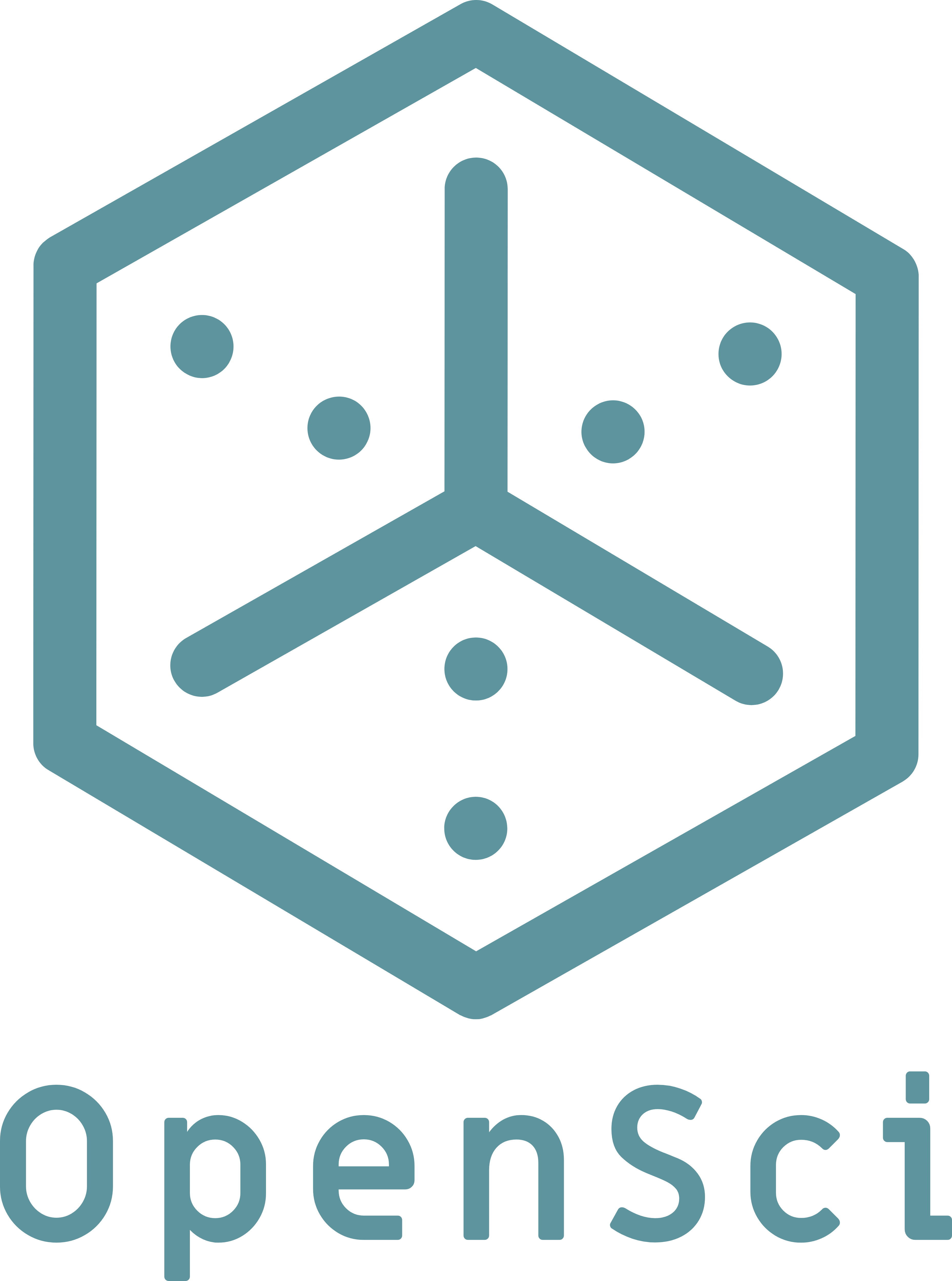Munich | Bremen - April 17, 2023 - the bloxberg Blockchain will Power OpenSci.net, a Revolutionary Publication Marketplace
Max Planck Digital Library (MPDL), the leading institution in digital scientific information, is proud to announce its partnership with the project OpenSci.net, an innovative open-access publication marketplace for scientific content that connects researchers, publishers, and readers through a secure and transparent DLT-based platform. The bloxberg blockchain, developed by MPDL, will serve as the underlying distributed ledger for OpenSci.net, providing a decentralized and tamper-proof system for managing the publication process.
As part of its mission, MPDL has been exploring the potential of blockchain technology in scientific communication, and the bloxberg blockchain is a testament to its success in this field. Through its partnership with OpenSci.net, MPDL aims to further promote the use of blockchain technology in scientific publishing and to contribute to the development of a more open, transparent, and decentralized system of scholarly communication.
OpenSci.net aims to become a next-generation preprint server, allowing researchers to publish their preliminary articles quickly while keeping control over the further maturation of their content. The platform's unique architecture will ensure that article copyrights are secured on bloxberg, and it allows authors to induce a fast peer-review and editorial process driven by AI-driven algorithms before a journal choice is made. Scientific journals will have access to reviewed content and can license it by rewarding authors and reviewers. All participants will highly benefit from a significant reduction of the unsustainable high rejection rates of the current publication economy.
Using the highly scalable bloxberg blockchain, OpenSci.net will manage a range of publication-related activities, including peer review, author authentication, and transparent licence transfer and reward processing. Additionally, readers can support their favourite authors and publications through a unique micropayment system.
The permissioned bloxberg blockchain, with its strong focus on academic applications and its unique proof-of-authority (PoA) consensus mechanism, will provide a secure, decentralized, and tamper-proof system for managing the publication process on OpenSci. This will strengthen transparency and accountability while giving authors and readers greater control over the publishing process.
Through their collaboration, OpenSci.net and bloxberg aim to make the benefits of blockchain technology accessible to the scientific community and develop new standards in scientific publishing services. Both organizations are convinced that their partnership can make an important contribution to promoting open science. They also believe they can create a new paradigm for scientific publishing that is fairer, more transparent, and more efficient.
"We're thrilled to partner with OpenSci.net to create a new era of transparency and accessibility in scientific publishing," said Friederike Kleinfercher, deputy manager of the MPDL and one of the bloxberg blockchain initiators. "We were particularly pleased that OpenSci chose bloxberg after evaluating various blockchains. This confirms our belief that science and scientific applications require a dedicated blockchain for science, which we provide with bloxberg.”
"We believe that the future of scientific publishing lies in open and decentralized systems that empower researchers and readers, while also incorporating scientific publishers as proven quality scouts," said Prof. Dr. Boris J. Nachtsheim, co-founder of OpenSci.net. "By partnering with the bloxberg blockchain, we can create a revolutionary platform that benefits everyone involved in the scientific publication process."
OpenSci.net is dedicated to creating a fair, accessible, and decentralized system for scientific publishing that connects researchers, publishers, and readers through an open and transparent platform.
About the Max Planck Society
The Max Planck Society conducts basic research in the natural sciences, life science, and humanities. The 86 Max Planck Institutes and 17 Max Planck Centers internationally focus on innovative research fields and address forward-looking scientific questions. The Max Planck Digital Library (MPDL) is a central unit of the Max Planck Society that supports scientists with a broad portfolio of services in the fields of information provision, publication support, and research data management. MPDL is the initiator of the bloxberg blockchain and represents the Max Planck Society within the consortium.
For more information visit Max Planck Society and Max Planck Digital Library
Press contact:
About OpenSci.net
Under the guidance of Prof. Boris J. Nachtsheim at the University of Bremen, OpenSci.net unites a diverse array of stakeholders, including universities, state libraries, blockchain enthusiasts, and web3 companies, in pursuit of a shared vision: transforming the scientific publishing field into a rewarding, blockchain-secured open access ecosystem. Leveraging distributed ledger technology, OpenSci.net not only ensures robust copyright protection but also cultivates a transparent and collaborative atmosphere for researchers, evaluators, and authors alike. With the involvement of esteemed publishers and journals as quality scouts, OpenSci.net guarantees that scientific achievements are meticulously assessed and duly acknowledged based on their merits.
For more information visit OpenSci.net
Contact:












